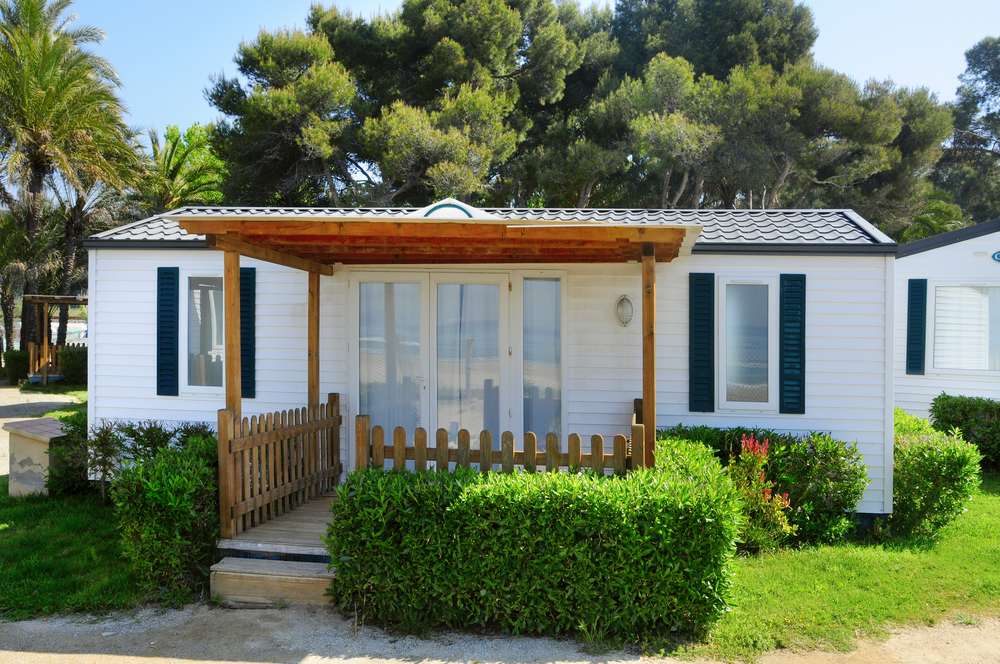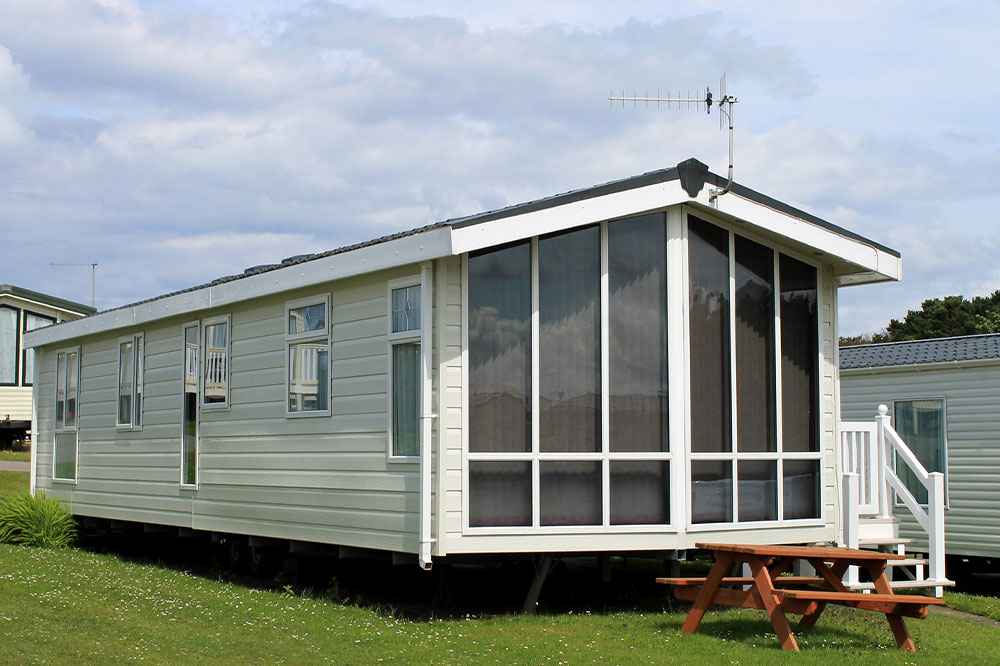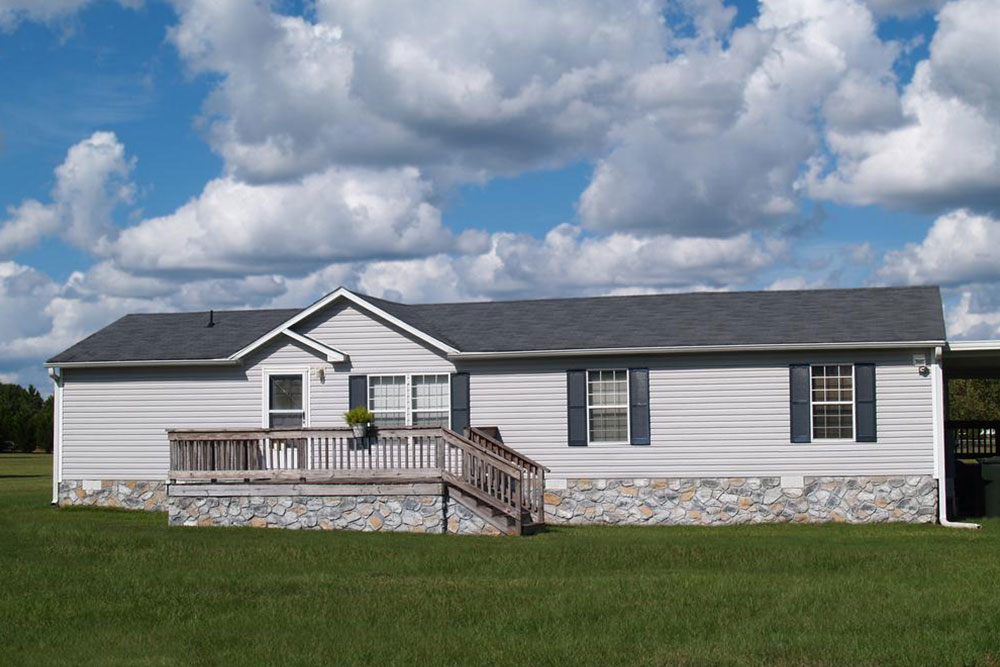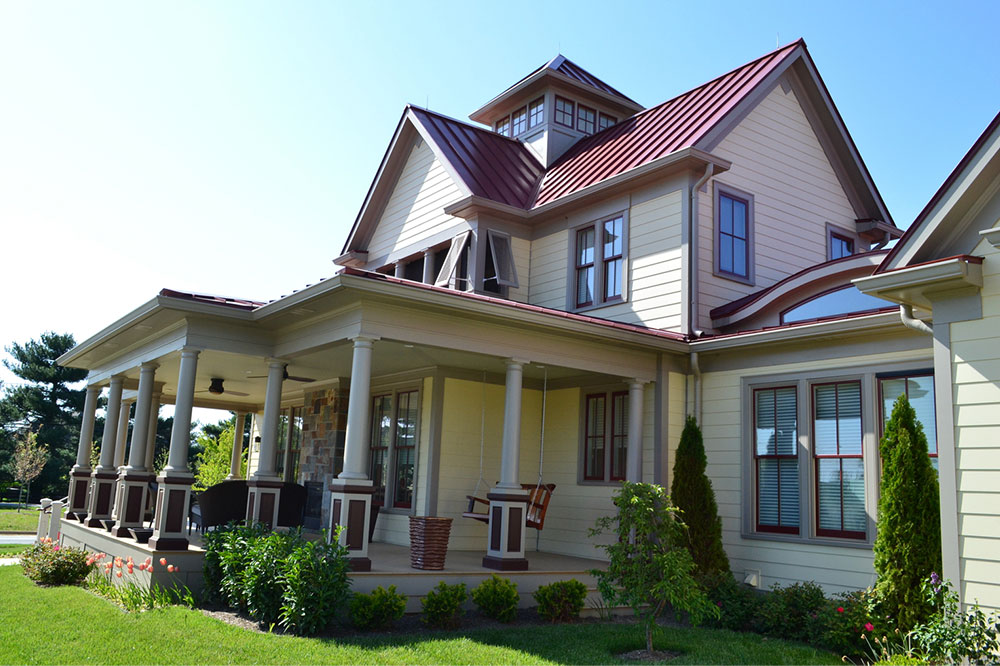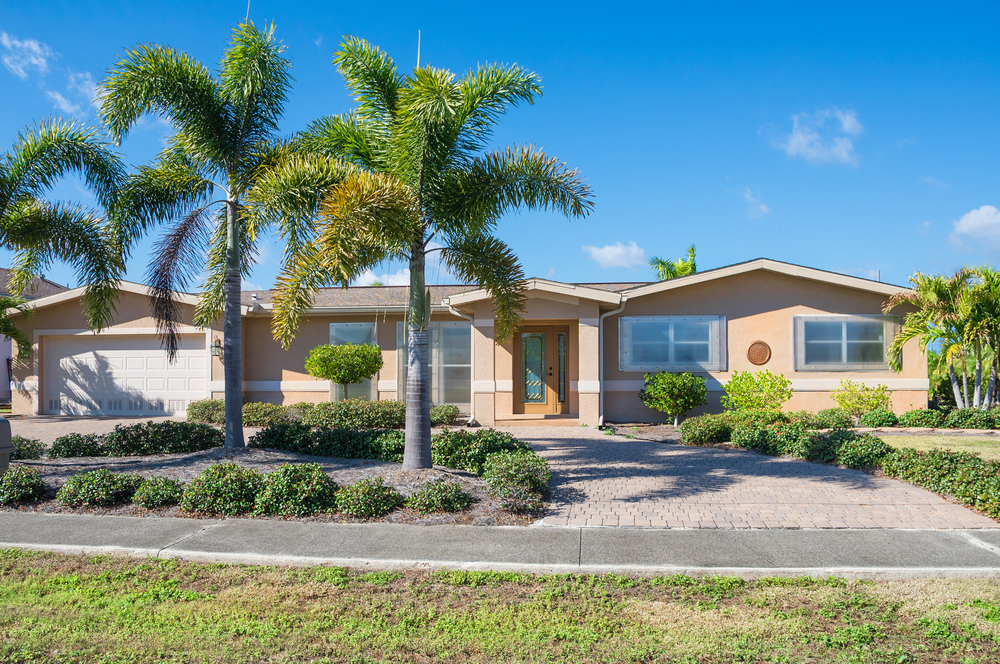Comprehensive Guide to Financing and Buying a Prefabricated Home
This comprehensive guide covers essential tips for purchasing a prefab home, focusing on financing options, choosing the right lenders, understanding chattel loans, and key considerations to ensure a smooth buying process. Perfect for prospective buyers looking to navigate the unique aspects of prefab housing investments with confidence.

Essential Factors to Consider Before Investing in a Prefab Home
Vital considerations when purchasing a prefabricated residence
Over the past decade, there has been a significant shift in homeownership trends, especially among younger buyers and those seeking more affordable living options. Prefabricated homes, commonly known as prefab homes, have gained immense popularity due to their cost-effectiveness, quick construction timeline, and versatility. Whether driven by budget constraints or a desire for simplicity and modern living, more consumers are turning to prefab housing solutions. However, buying a prefab home differs substantially from traditional real estate transactions, particularly in financing and legal classification. Unlike conventional houses, prefab homes are often financed through specialized loans rather than typical mortgages, especially since they may not always qualify as permanent property until installed on a foundation.
When considering the purchase of a prefab home, especially the financing aspect, it’s crucial to understand the available options and what factors can influence your borrowing ability. Here are some critical points to guide you through the process of financing and buying your dream prefab home effectively:
Choosing the Right Financing Partner for Your Prefab Purchase
There are numerous financing avenues available for prefab home buyers, including traditional bank loans, specialized lender programs, and manufacturer financing. It’s essential to research and compare these options thoroughly. Look into interest rates, repayment terms, closing costs, and any additional fees involved.
Once you identify the most suitable financing option, select a lender with experience in prefab home loans. Not all lenders are familiar with the nuances of prefab financing, so choosing an informed partner can make a significant difference.
One straightforward method to finance a prefab home is to secure a loan directly through the retailer or manufacturer selling the home. Many prefab home builders have partner financial institutions that offer favorable loan terms to buyers.
Another viable option is to work with specialized lenders who focus exclusively on modular or manufactured homes. These lenders understand the unique aspects of prefab houses and can tailor loan packages to suit your needs.
Can Traditional Mortgage Lenders Fund Prefab Homes?
Yes, in certain conditions. If your prefab home is installed on a permanent foundation and you own the land, standard lenders such as banks, credit unions, and mortgage brokers may approve a traditional mortgage loan.
It’s vital to work with reputable local banks or certified mortgage providers, as they are more experienced in handling such cases and can provide reliable financing options.
Understanding Chattel Loans for Prefab Homes
A chattel loan is a specialized financing product designed for movable or non-permanently affixed homes, including certain types of prefab houses. This type of loan focuses solely on the home itself, excluding land considerations.
If you already own land and plan to place your prefab on it, a chattel loan might be the most suitable financing choice.
Typically, chattel loans feature quicker approval processes and lower closing costs than traditional mortgages. However, they often carry higher interest rates, so it’s important to weigh these factors carefully.
Key Factors to Consider Before Applying for a Prefab Home Loan
Your credit score plays a pivotal role in securing favorable loan terms. A good or excellent credit score increases your chances of approval and can lead to better interest rates.
Type and size of the prefab home significantly influence loan accessibility. Modular homes and double-wide models are generally easier to finance compared to manufactured or single-wide units. Understanding your home’s classification can help you find appropriate financing options.
In addition to securing the right loan, it’s vital to plan for auxiliary expenses associated with prefab home purchases. Costs can include land acquisition, transportation and installation fees, permits, and other related expenses. Effective budgeting and thorough planning are essential to ensure a hassle-free purchase process. Consulting with financial advisors and prefab specialists can further streamline your journey toward homeownership.
In conclusion, buying a prefab home requires careful consideration of various financial and legal factors. By understanding the available financing options, working with knowledgeable lenders, and planning your budget thoroughly, you can make an informed decision that aligns with your financial situation and lifestyle preferences. Prefab homes offer a flexible, cost-effective solution for modern living, making them an increasingly popular choice among homeowners today.
Tag: prefab home financing
